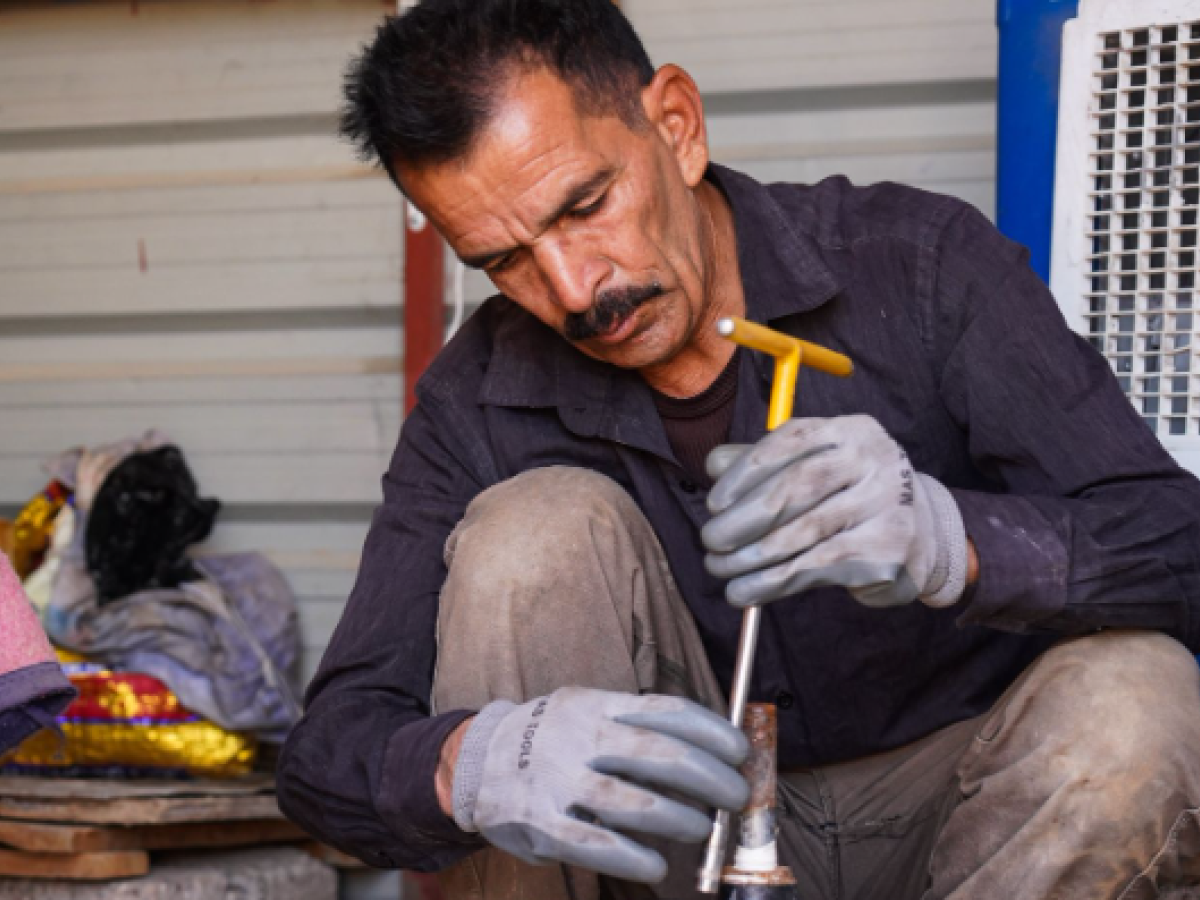STABILIZATION IN IRAQ
PROVINCES
Nationwide
LIFE OF ACTIVITY
2003 to present
OVERVIEW
The conflict with the Islamic State in Iraq and Syria (ISIS) caused a significant displacement crisis across northwestern Iraq. Six years after the defeat of ISIS, the Government of Iraq (GOI) continues to facilitate the return of displaced families and individuals. The ongoing impact of violence and devastation from the ISIS occupation is compounded by a fragile security situation, loss of livelihoods, lack of services and infrastructure, destruction of homes, and significant community barriers to acceptance and reintegration. The voluntary return and reintegration of displaced populations is a priority for the U.S. government, the GOI, and other international and Iraqi stakeholders.
GOALS
USAID supports Iraqis returning from conflict-induced displacement, including those perceived to be formerly associated with ISIS, to reintegrate in the communities receiving them. Stabilization efforts utilize a community-based approach in areas with high return rates, such as Anbar, Ninewa, and Salah al-Din governorates. Interventions engage civil society, community leaders, and government stakeholders to support the reintegration of returnee families and increase host communities’ acceptance of them. USAID-supported activities engage with communities to encourage reconciliation and cooperation. These activities rehabilitate shelters and houses, as well as provide individuals and families with livelihood and economic support. Moreover, USAID provides counseling, referrals, and mental health and psychosocial support (MHPSS) for these individuals. Special programs address the needs of victims of war, including violence against women, and preserve the cultural heritage of ethnic and religious minorities who were targeted by ISIS.
IMPACT
- Over 900 youth in Ninewa have participated in entrepreneurship and work-readiness training since 2018.
- Approximately 13,000 individuals received $3.6 million in cash assistance to meet basic needs.
- Nearly 230 community and religious leaders and 730 youth participated in community reconciliation and cooperation activities in Ninewa between 2018 and 2023.
- Over 3,000 people received mental health and psychosocial support (MHPSS).
- 1,100 houses, 152 schools, 25 health care clinics, 130 water facilities, 22 electricity substations, and three hospitals have been rehabilitated in ISIS-affected communities with 2.1 million residents.
- 1.4 million Anbaris have reliable access to clean water through USAID’s partnership with the GOI.
- Over 10,000 Iraqi children learned social and emotional learning skills, inclusion, and respect for diversity.

